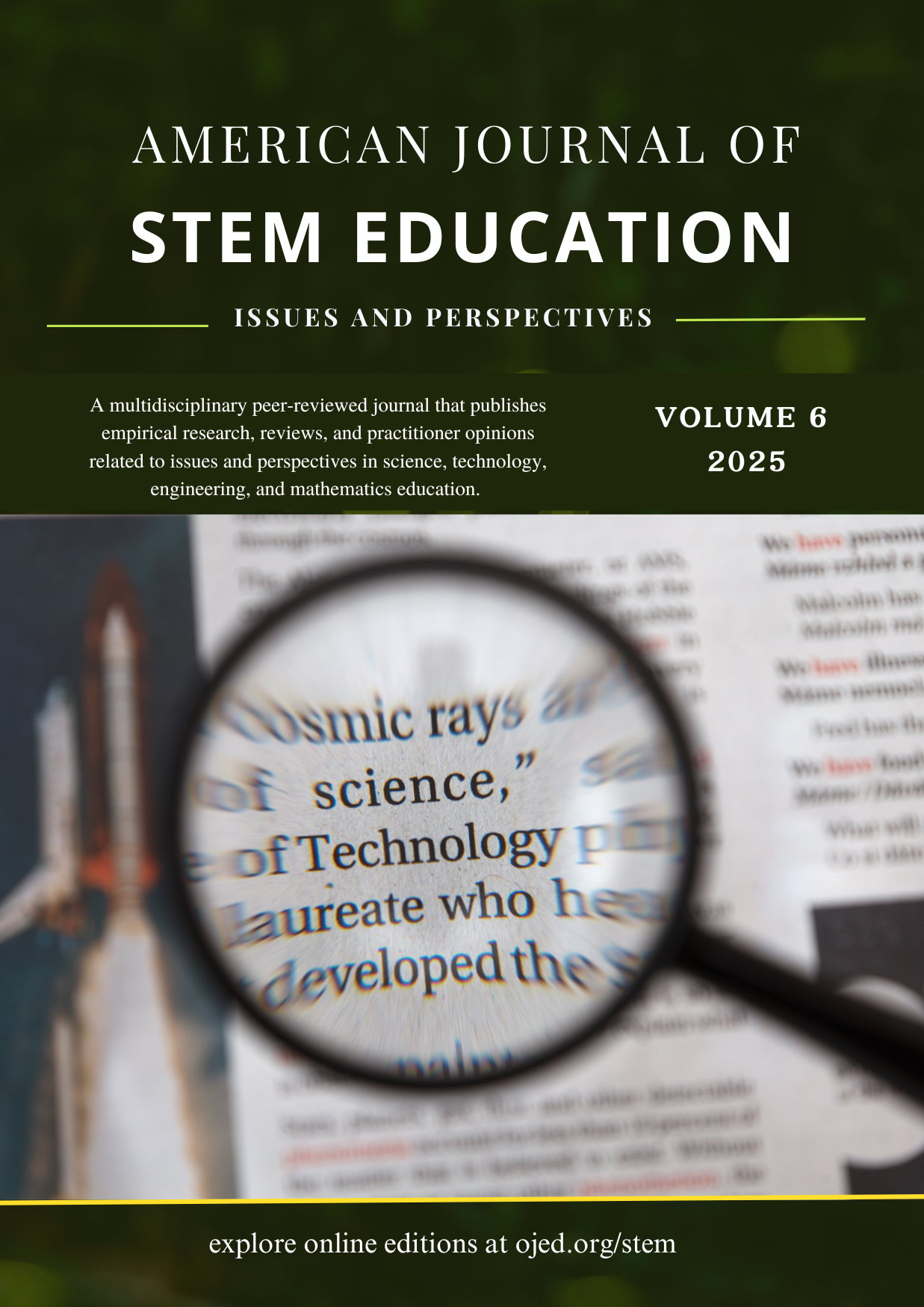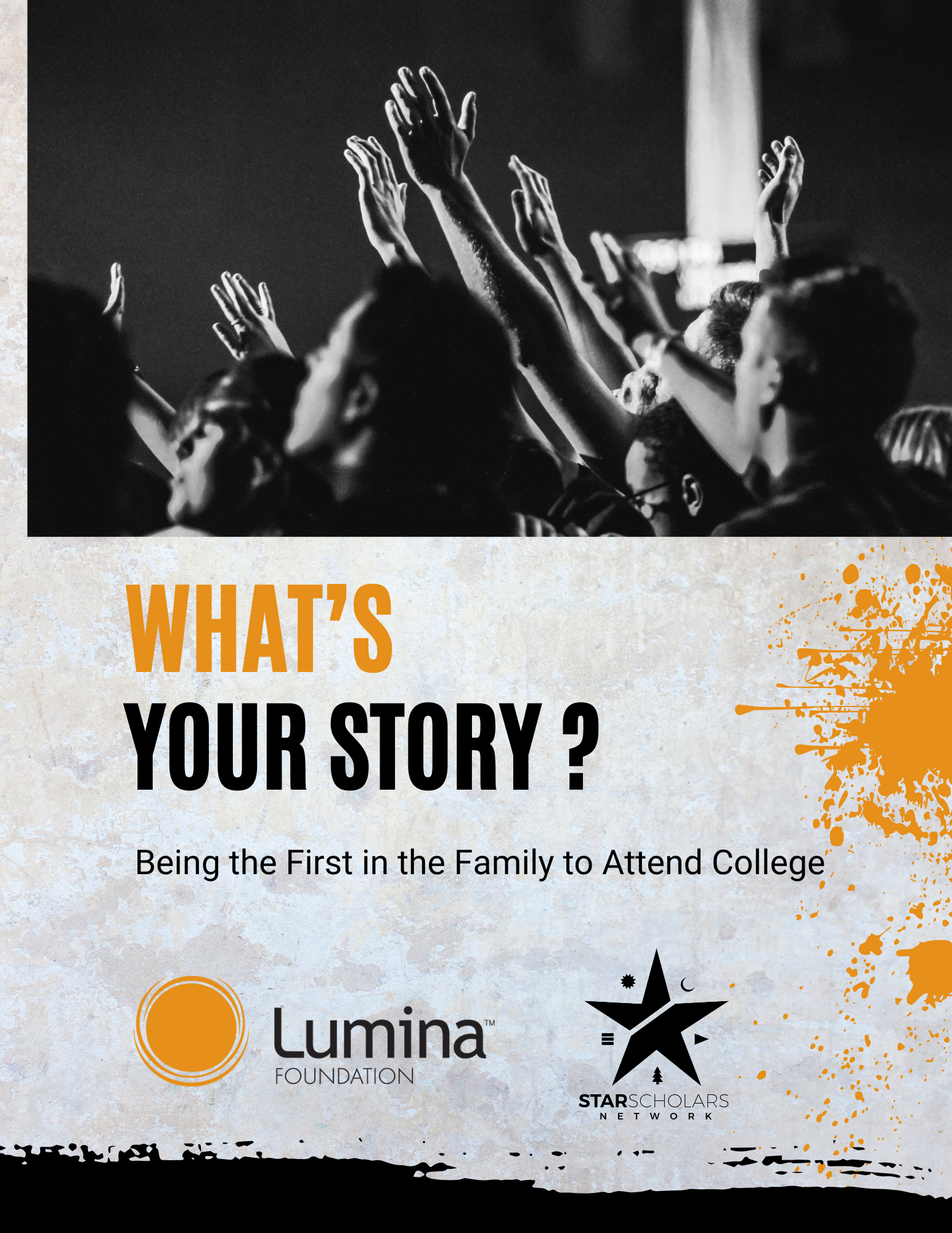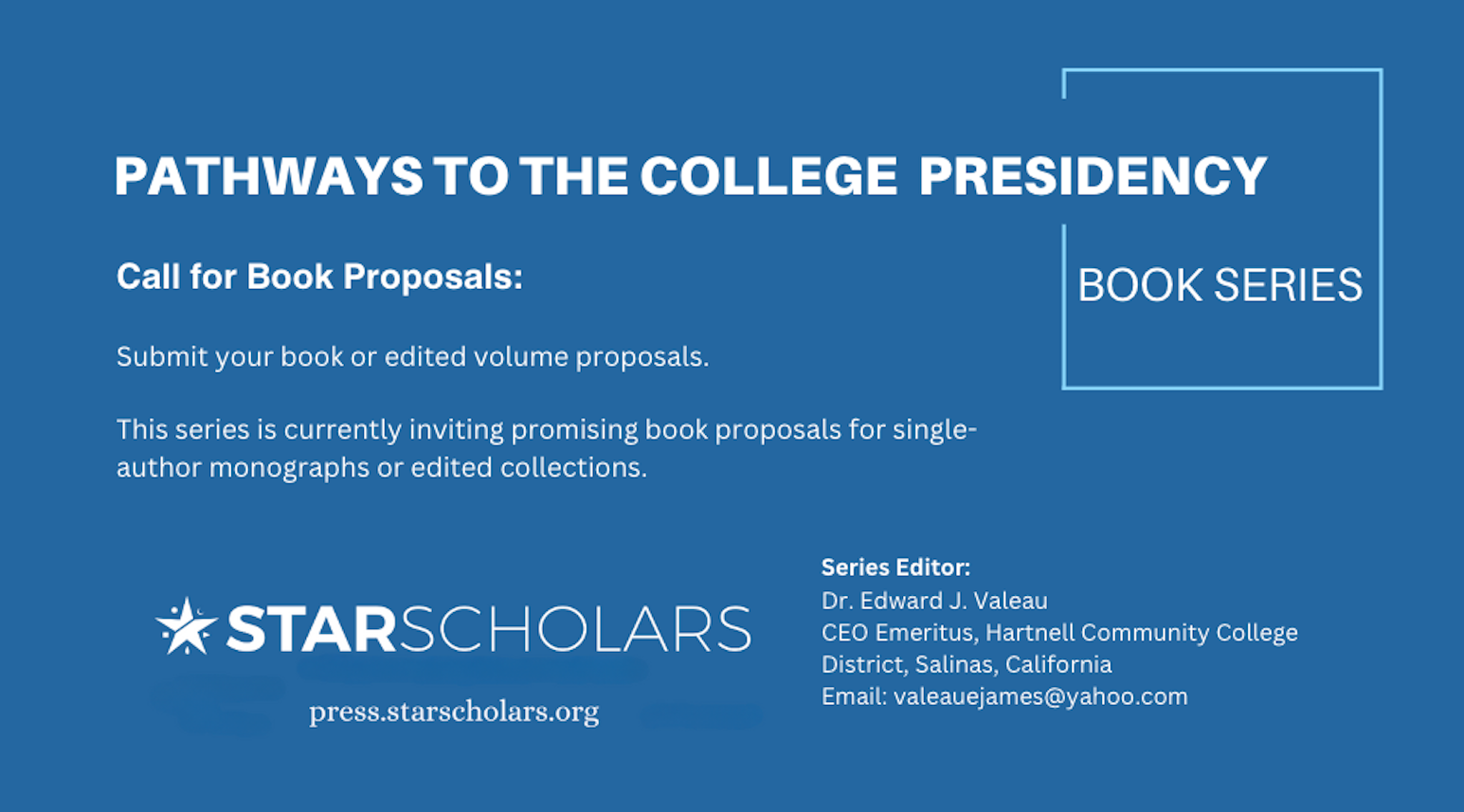Leveraging AI tools in academic writing
Insights from doctoral students on benefits and challenges
DOI:
https://doi.org/10.32674/9m8dq081Keywords:
doctoral students, , higher edcuation, AI, generative AI, ChatGPT, Google Gemini, Microsoft Copilot, Academic WritingAbstract
This study explores the application of artificial intelligence (AI) tools—ChatGPT, Google Gemini, and Microsoft Copilot—in enhancing academic writing among doctoral students at a historically Black college and university in the United States. Through a qualitative case study approach involving doctoral students throughout a summer semester, data were collected via assignments, written artifacts, and semi-structured interviews. The thematic analysis reveals students' perceptions of the effectiveness of these AI tools in enhancing academic writing and critical thinking skills. Findings highlight the practical benefits, such as improved clarity and efficiency in writing, alongside challenges like occasional inaccuracies and ethical considerations. The study underscores the potential of AI to transform educational practices, advocating for its thoughtful integration to support academic integrity and innovation. Future research should explore more robust error-checking features and personalized learning experiences to maximize the utility of AI in higher education.

 Call for Special Issue Proposals
Call for Special Issue Proposals 


